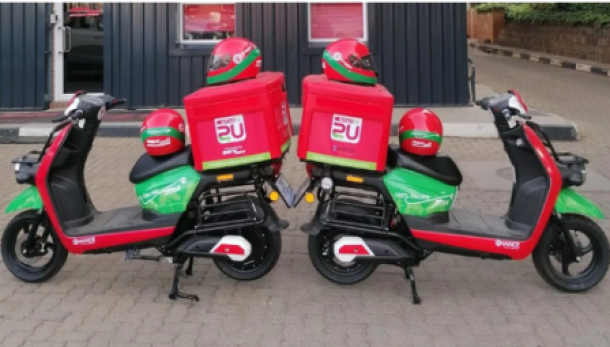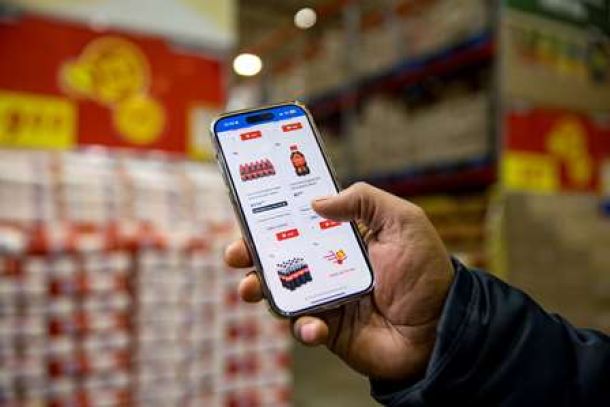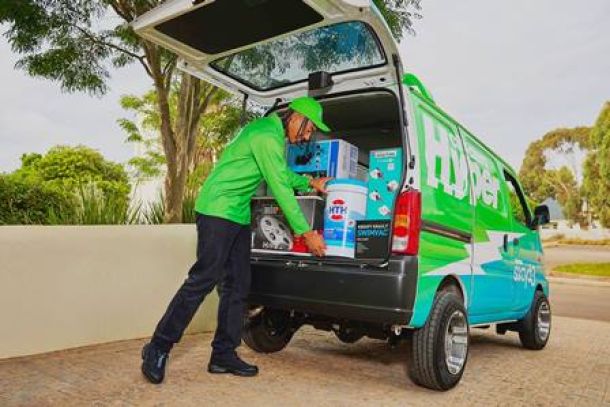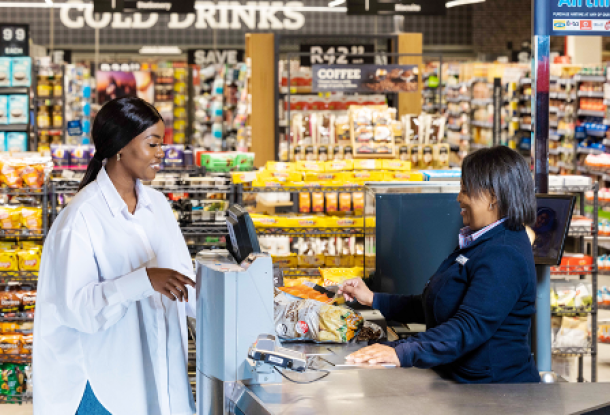Shopping malls are dying, but that doesn't mean SA's stopped spending
The Times chatted to trend analyst Dion Chang about the rise of the stealth-bomb shopper and the future of retail in South Africa
For a few years mall culture has been dying a slow death in the US. Once-thriving consumer centres have become zombie malls, shadows of their former selves.
Some of us welcome the last days of these aptly nicknamed cathedrals of consumption. Others are left worrying about what this means for the future of retailing.
Although South Africa follows US trends, new malls are still being in developed, but for how much longer can this continue? Of the 2,082 shopping centres in Africa, 1,950 are in South Africa, where we have the sixth highest number of shopping malls in world.
According to trend analyst Dion Chang our retail market is saturated and the cracks are showing.
At his recent trends presentation on malls and retailing, he described how, in the newly refurbished Rosebank Mall, in Johannesburg, there are papered-up shop fronts. The two floors of the mall's anchor store, Stuttafords, now stand empty.
Two floors of Edgars have been reduced to a smaller space on one floor. Mango and Nine West have left South Africa, leaving empty shops. (Of all the international brands, H&M is the only one appearing to expand.)
The Mall of Africa, he says, is desperately trying to attract people with events such as the recent Johannesburg Fashion Week and the National Antiques Fair.
Chang attributes the situation to a dove-tailing of factors, the obvious one being the economic slump.
"Your middle class is being squeezed. There's just no disposable income," he says. But over and above this, there are important changes in attitude. People no longer aspire to own things.
"You don't have to own something; you can experience it."
In more developed economies, he says, we're seeing a desire for stories, experiences and the creation of memories.
THE RISE OF THE STEALTH-BOMB SHOPPER
Online shopping has had an impact too Chang says that people are cynical about the effect of online shopping in South Africa but although only 1% of retailers' revenue comes from online shopping, there's been a ripple effect on shopping behaviour.
"Most research and comparative shopping is done online," Chang says. And this has given rise to what he calls the stealth-bomb shopper. With the necessary information to hand, shoppers know exactly which shop they want.
They park at the mall entrance closest to the shop they need, go direct to that store, pay and leave. There is no browsing, less impulse buying and less foot traffic in the malls.
Online shopping numbers might be low now but this will change as technology and strategies improve. There are new ways of delivering goods to customers who don't have a fixed address, using phones. And soon ubiquitous collection centres will be used for consumer convenience.
THE FUTURE OF RETAIL
So what does the future of shopping look like? Chang says it's no one thing. Malls will be used as centres of learning and the provision of health services. And consumers will be looking for complete integration of online and offline with streamlined payment services.
Chang references the Chinese online service Alibaba, a company with a market value of $264-billion and about 450million customers (and growing), as an example of the future - with Generation Z leading the way in new consumer habits.
Alibaba helps brands and small businesses engage with consumers using "games, news, video, live-streamed talk shows, celebrity events, and online communities," according to the company.
Generation Z, which sees no difference between online and offline shopping, has been leading family spending habits, says Chang.
They're looking for authentic, responsible and conscious experiences and want to engage with spaces. For them the experience trumps the product, he says.
• This article was originally published in The Times.
News Category
- International retailers
- On the move
- Awards and achievements
- Legislation
- Wine and liquor
- Africa
- Going green
- Supplier news
- Research tools
- Retailer trading results
- Supply chain
- Innovation and technology
- Economic factors
- Crime and security
- Store Openings
- Marketing and Promotions
- Social Responsibility
- Brand Press Office
Related Articles

Two local businesses see a gap as food and groc...

SARS launches WhatsApp channel to help check ta...

Shoprite launches online shopping and bulk deli...

Sixty60 promises lightning-fast delivery of 10 ...


